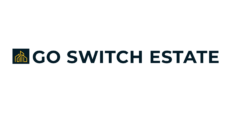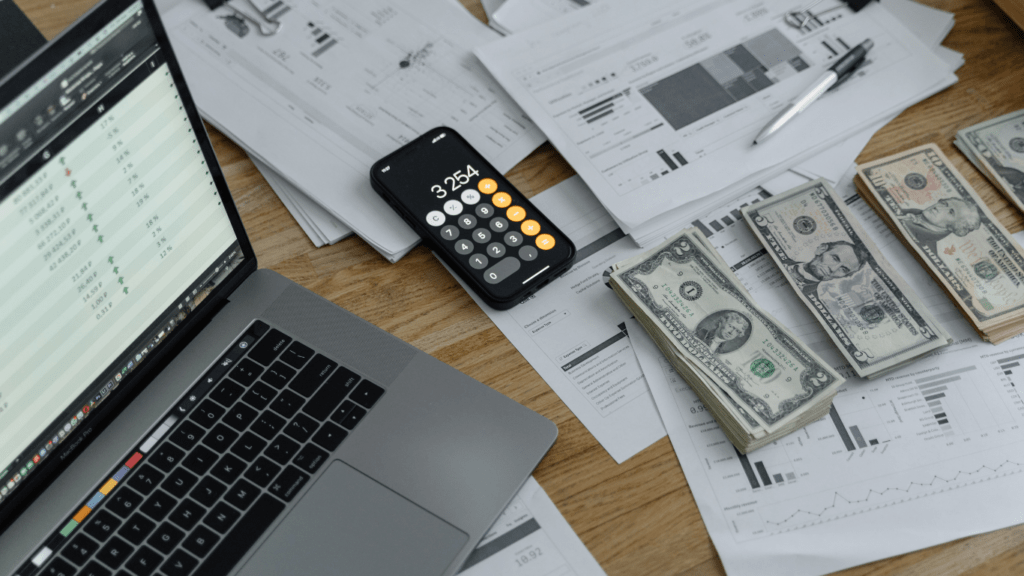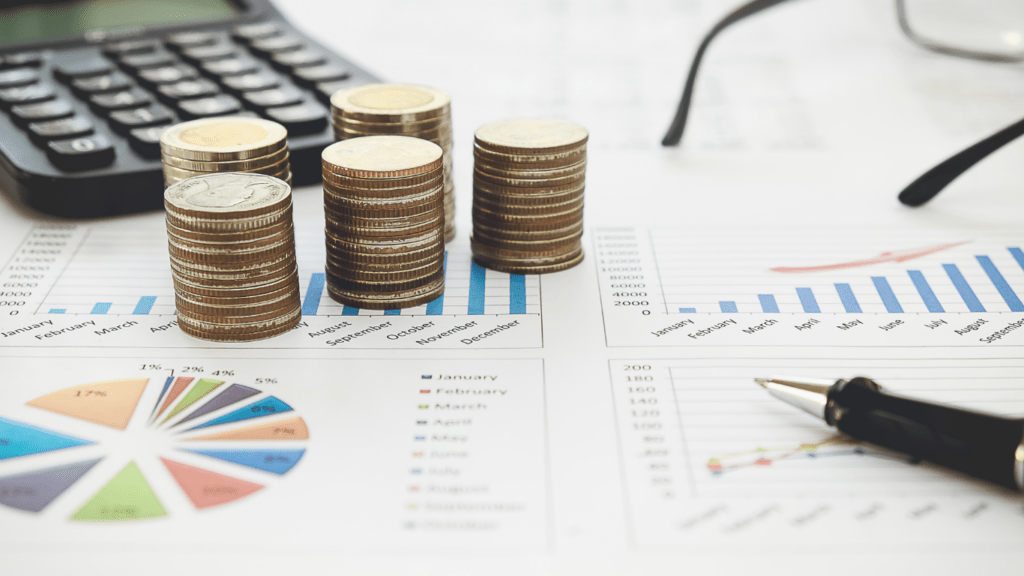Navigating the financial landscape of property management can be a daunting task, but with the right accounting practices in place, it can become a streamlined and efficient process. In this article, I’ll delve into the top accounting practices that can help property managers maintain accurate records, maximize profitability, and stay compliant with regulations.
From tracking expenses to optimizing cash flow, these practices are essential for the success of any property management venture. As someone who has spent years in the industry, I understand the importance of sound financial management in property operations.
By implementing these top accounting practices, property managers can gain valuable insights into their financial health, make informed decisions, and ultimately enhance the overall efficiency of their operations. Join me as we explore the key strategies that can elevate your property management accounting to the next level.
Importance of Accounting in Property Management
Accounting plays a pivotal role in property management. It’s essential for maintaining financial stability, tracking expenses, and maximizing profits. Accurate accounting records provide valuable insights into the performance of properties, allowing me to make informed decisions to improve efficiency and profitability.
Managing multiple properties involves handling various financial transactions, from collecting rent to paying bills and taxes. Effective accounting practices streamline these processes, ensuring that all financial activities are recorded accurately.
By organizing financial data systematically, I can easily monitor cash flow, identify cost-saving opportunities, and optimize budget allocation. Proper accounting practices are also crucial for regulatory compliance.
Maintaining detailed financial records helps me adhere to legal requirements, such as reporting income and expenses accurately. By staying compliant with accounting standards and regulations, I ensure transparency in financial reporting and build credibility with stakeholders.
Accounting is not just about numbers; it’s a strategic tool that empowers me to make sound financial decisions, enhance operational efficiency, and achieve long-term success in property management. By prioritizing effective accounting practices, I can optimize financial performance, mitigate risks, and drive sustainable growth in property investments.
Implementing Technology for Streamlined Accounting
When it comes to efficient property management, one key aspect is implementing technology for streamlined accounting. Utilizing property management software can revolutionize the financial processes associated with managing properties.
Here are some ways property managers can leverage technology for effective accounting:
Utilizing Property Management Software
Property management software is a game-changer in the accounting realm. These platforms are specifically designed to streamline accounting tasks for property managers. By using such software, property managers can automate processes like rent collection, expense tracking, and financial reporting.
It simplifies data entry, reduces errors, and provides real-time insights into the financial health of properties. Additionally, these tools often integrate with banking systems, making reconciliation and financial management more efficient.
By embracing property management software, property managers can enhance accuracy, save time, and make data-driven financial decisions.
Implementing Cloud-Based Accounting Systems
Cloud-based accounting systems offer property managers the flexibility to access financial data from anywhere at any time. This accessibility is crucial for managing multiple properties or remote teams.
Cloud accounting ensures that all stakeholders can view financial information simultaneously, promoting transparency and collaboration. Moreover, it improves data security by storing information in the cloud, safeguarding against physical damage or data loss.
Property managers benefit from real-time updates, seamless collaboration, and secure data storage by transitioning to cloud-based accounting systems.
Integrating Automation Tools for Efficiency
Automation tools play a vital role in simplifying accounting processes for property managers. By integrating automation tools like robotic process automation (RPA) or accounting bots, repetitive tasks such as invoice processing, payment reminders, and expense categorization can be automated.
This not only saves time but also minimizes errors associated with manual data entry. Property managers can redirect their focus to strategic financial planning and analysis, driving operational efficiency and optimizing profitability. Implementing automation tools in accounting leads to enhanced productivity, accuracy, and cost savings.
Enhancing Data Analytics Capabilities
Data analytics has become a powerful tool for property managers to make informed financial decisions. By harnessing data analytics capabilities within accounting systems, property managers can gain valuable insights into property performance, revenue trends, and expense patterns.
Analyzing data allows for proactive decision-making, identifying opportunities for cost savings, revenue optimization, and risk mitigation. Property managers can track key performance indicators (KPIs) efficiently, measure financial performance accurately, and adapt strategies to align with financial goals.
Leveraging data analytics empowers property managers to stay competitive, maximize profitability, and drive growth in the property management sector.
Best Practices for Budgeting and Financial Reporting
Budgeting and financial reporting are crucial aspects of property management, guiding decision-making and fostering financial health. Implementing best practices in these areas can optimize operational efficiency and drive sustainable growth in property investments.
Maintaining Accurate Budgets
- Set Budget Guidelines and Adjust Regularly: Establish clear budget guidelines for each property to track income and expenses, making adjustments as needed to reflect changes in market conditions or property needs.
- Use Budgeting Tools for Accuracy: Utilize budgeting software or spreadsheets to streamline the budgeting process, ensuring accurate tracking and management of financial data.
Tracking Financial Performance
Generate detailed financial reports to monitor property performance and identify areas for improvement. Compare actual results against budgeted figures and use key performance indicators (KPIs) to assess the financial health of the property.
Ensuring Compliance
Stay updated on regulatory requirements related to property management finances to ensure compliance with relevant laws. Maintain thorough documentation of financial transactions to facilitate audits and inspections.
Enhancing Transparency
Communicate financial information clearly to stakeholders to build trust and foster transparency. Provide timely and accurate reports and encourage feedback to align financial goals and expectations.
Implementing these best practices for budgeting and financial reporting in property management can empower managers to make informed financial decisions, optimize resource allocation, and achieve long-term success in the real estate sector. By prioritizing accurate budgeting and transparent financial reporting, property managers can drive efficiency, mitigate risks, and maximize returns on their investments.
Streamlining Rent Collection and Expense Tracking
In property management, efficient rent collection and accurate expense tracking are essential for financial stability and operational success. Maintaining a streamlined process for these tasks can greatly enhance the overall management of properties. Let’s explore some key strategies to optimize rent collection and expense tracking.
Automating Rent Collection
I streamline rent collection by utilizing automated online payment systems. I ensure tenants are informed about payment deadlines and methods through clear communication and implement recurring payment options to simplify the rent payment process for tenants.
Tracking Expenses Effectively
I categorize expenses diligently to maintain a clear record of all financial transactions. I use accounting software to track expenses in real-time, generate detailed reports, and regularly review expenses to identify cost-saving opportunities and ensure financial efficiency.
Monitoring Cash Flow
I monitor cash flow closely to ensure timely rent collection and manage expenses efficiently. I analyze cash flow statements to identify trends and make data-driven decisions, prioritizing a proactive approach to avoid financial disruptions.
By implementing these practices, property managers can streamline rent collection, track expenses accurately, and maintain financial stability in property management operations. Efficient processes for rent collection and expense tracking contribute to enhanced decision-making and overall success in property management.





